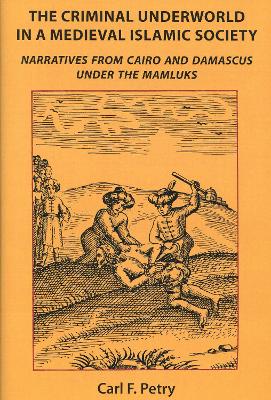Chicago Studies on the Middle East
1 total work
The chroniclers of the Mamluk Period (1250 to 1517CE) in Cairo and Damascus made numerous references to criminal activity committed at all levels of society, from its elite military echelons to individuals or groups who occupied its margins. The latter elements, despite their demographic visibility, have in many instances evaded the notice of modern scholarship on medieval Islamic cultures. This study aims at disclosing their impact on society in the two largest cities of the Mamluk State, as depicted by those who witnessed it at close range.
These local chroniclers pursued an agenda when they dwelled on the criminal acts they observed. Rather than offering simple decrials of wrongdoing, their comments collectively targeted the agents charged with policing social interaction and upholding public security. Disclosure of collusion in crime by those formally pledged to suppress it emerged as a covert, yet signal, objective of these chroniclers. The book examines this objective as it was discerned in more than a thousand incidents of criminal activity in Cairo and Damascus during the Late Middle Ages. The complicity it exposed provides insights that revise current views about the working of government under the Mamluks, and the perspectives of groups whose voices have gone largely unheard in the historiography of pre-modern Islamic societies.
